How to Grade a Restaurant for Sale
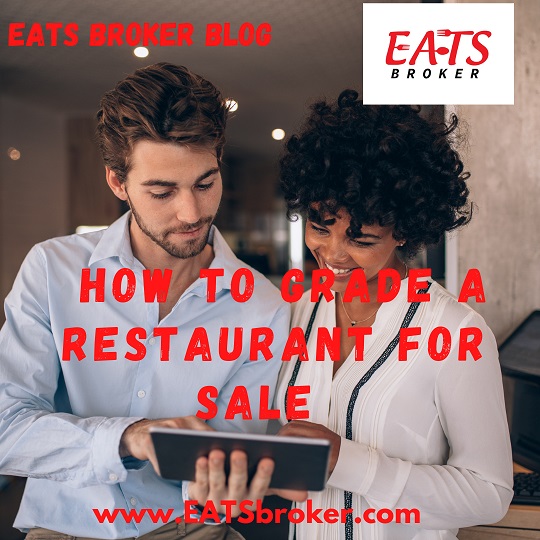
How to grade a restaurant for sale is a good question for a restaurant owner. Since Pre-K, most have been taught to judge performance by our grades. Office Buildings in Commercial Real Estate are placed in one of three categories: class A, class B, or Class C. A building rating is a national benchmark. Each […]
Time to sell your restaurant? How to defend your listing price
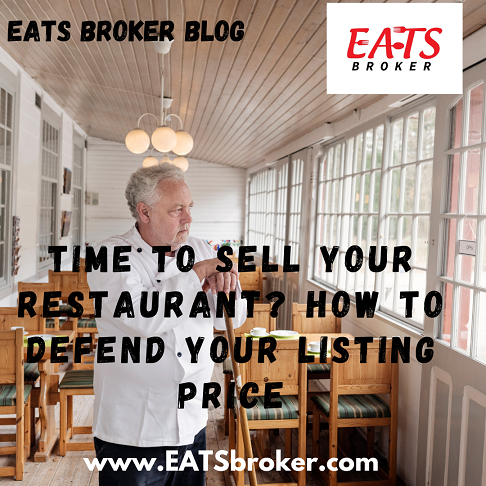
When it’s time to sell your Restaurant, how do you plan to defend your listing price? This question is excellent for anyone considering hiring a Restaurant Broker or For Sale by Owner. It’s easy to think of a random number, list a restaurant for sale, and answer buyer inquiries. Selling a restaurant is like fishing; […]
What are the most demanding Restaurants to Sell
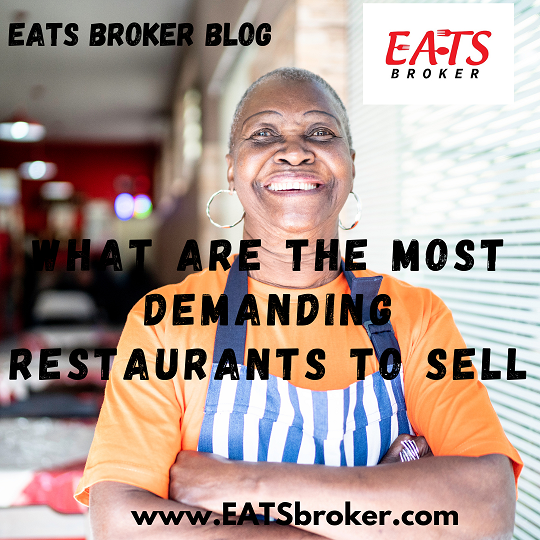
The most demanding restaurants to sell fall into three categories. Chef-driven restaurants, BBQ restaurants, and unprofitable restaurants or new openings. All three types of restaurants present considerable challenges when it’s time to sell a restaurant. The cold hard fact is that only 30%-40% of restaurants listed for sale will sell to a new buyer. Some […]
Why are Asset Sale Restaurants HOT right now
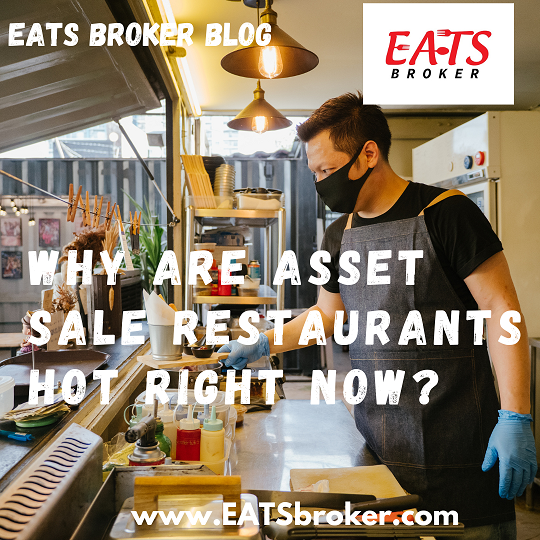
Asset Sale Restaurants are HOT right now because several restaurant owners that need to sell were not profitable in 2022. What is an Asset Sale when it comes to selling a restaurant? An Asset Sale is a restaurant that is not profitable or makes minimal profits. An Asset Sale is priced for its Furniture, Fixtures, […]
Selling your Franchise Restaurant
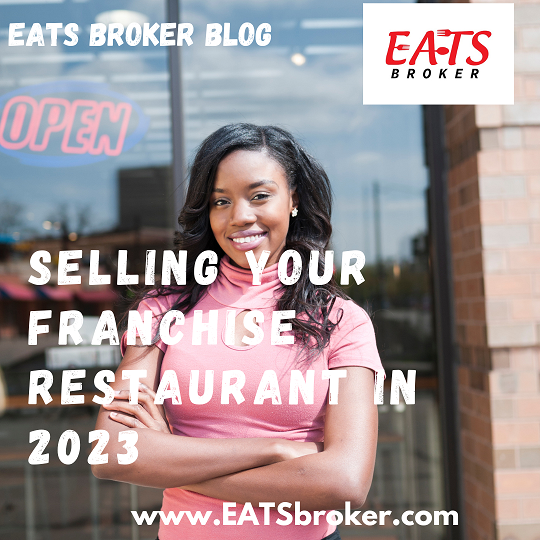
Are you thinking about selling your franchise restaurant in 2023? We have finished the Holiday season, and now it’s time to get ready to start a new year with new challenges. Some of the most seasoned restauranteurs, managers, and employees exited the restaurant industry in 2022. The challenges of labor rate inflation, labor shortage, food […]
Restaurant Owner-Do you have an exit strategy?
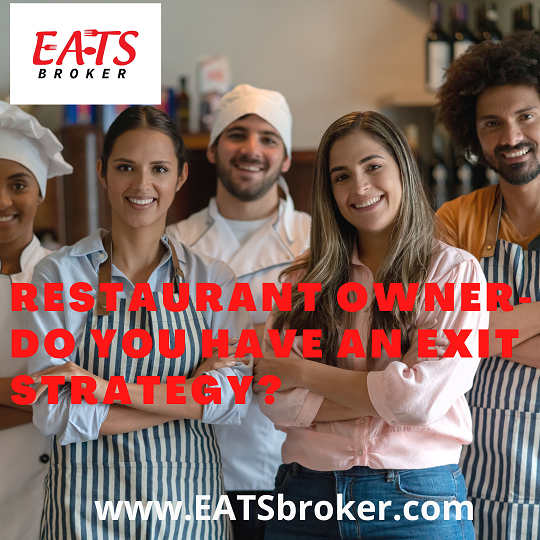
A Restaurant Owner should start planning an exit strategy before signing the lease. Thinking about the exit strategy should be as important as planning for the opening. It’s a known fact that 80% of restaurants close within five years of opening their doors or has a change in ownership. Texas Restaurant Broker Dominique Maddox says, […]
Why use a Restaurant Broker? When selling a restaurant.
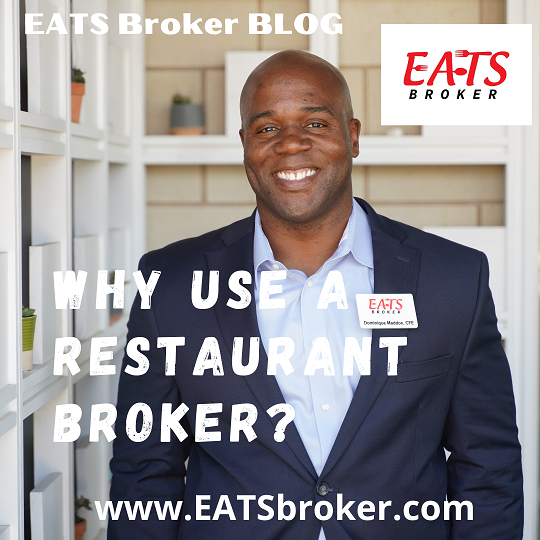
Why use a Restaurant Broker when selling a restaurant is a good question. Could you save on a commission and market your restaurant For Sale by Owner? Yes, but the reality about selling a restaurant is that only about 30%-40% of restaurants listed for sale will sell, and only about 2%-5% of the buyers looking […]
Bring your own bottle (BYOB). Is it good for restaurants?
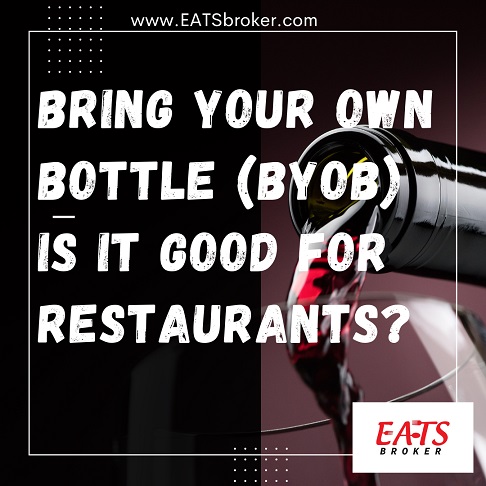
Bring your own bottle (BYOB) policy can be good for restaurants, but it also has some significant downsides. If a restaurant has a BYOB policy, customers are allowed to bring their alcoholic beverage of choice to the restaurant. Strict licensing requirements and high taxes on alcohol sales have made the idea of restaurant owners to […]
When to sell a restaurant? 8 reasons why that start with D!
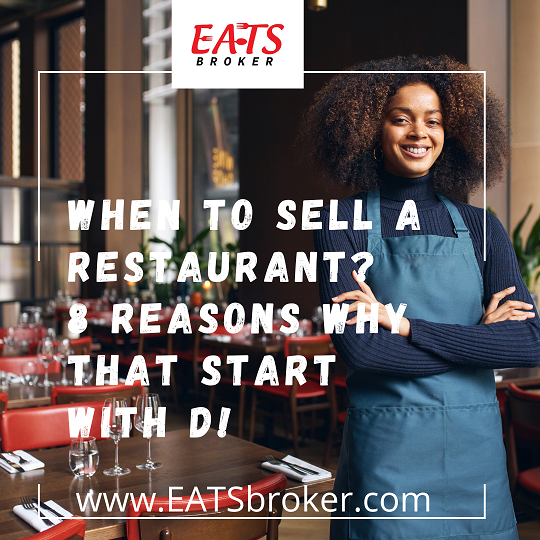
When to sell a restaurant is a difficult decision for most restaurant owners. Interesting fact that the reason a restaurant owner wants to sell a restaurant usually will start with the letter D! Buyers are always curious about why a restaurant owner wants to sell a restaurant? The Dallas Restaurant Broker at EATS Broker […]

